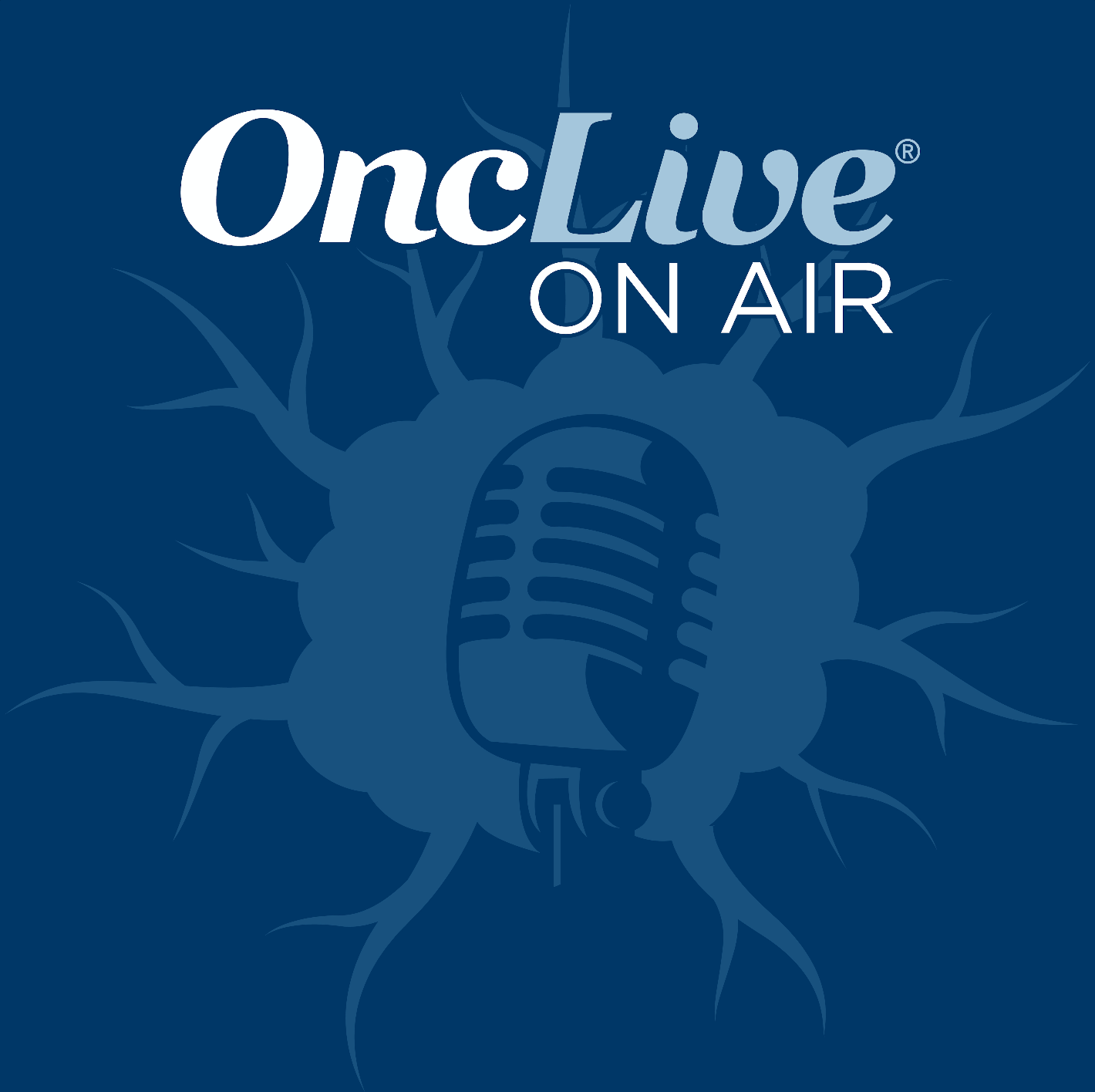News
Article
FDA and EMA Accept Regulatory Submissions for Vorasidenib for IDH-Mutant Diffuse Glioma
Author(s):
Vorasidenib has been granted regulatory submission acceptance by the FDA and EMA for IDH-mutant diffuse glioma.
Susan Pandya, MD

The FDA has accepted and granted priority review for a new drug application for vorasidenib (AG-881) for the treatment of patients with IDH-mutant diffuse glioma. Additionally, the European Medicines Agency has granted accelerated assessment to the Marketing Authorization Application for the agent.1
The submission acceptances are backed by findings from the randomized, registration-enabling, double-blind, phase 3 INDIGO trial (NCT04164901), in which vorasidenib 40 mg administered once daily in 28-day cycles (n = 168) elicited a statistically significant and clinically meaningful median progression-free survival by blinded independent central review of 27.7 months (95% CI, 17.0-not estimable) vs 11.1 months (95% CI, 11.0-13.7) with placebo (n = 163; HR, 0.39; 95% CI, 0.27-0.56; 1-sided P < .001) in patients with residual or recurrent grade 2 glioma harboring an IDH1/2 mutation who have undergone surgery as their sole treatment.1,2 Findings from the trial, were presented at the 2023 ASCO Annual Meeting and simultaneously published in the New England Journal of Medicine.
Additional secondary end point findings, which were presented at the 2023 Annual Meeting of the Society for Neuro-Oncology, demonstrated a statistically significant median time to next intervention with vorasidenib that was not reached vs 17.8 months with placebo (HR, 0.26; 95% CI, 0.15-0.43; P < .001).1 Furthermore, vorasidenib reduced tumor volume by a mean of 2.5% (TGR, –2.5%; 95% CI, –4.7% to –0.2%) every 6 months. Conversely, in patients randomly assigned to the placebo arm, tumor volume increased by a mean of 13.9% (TGR, 13.9%; 95% CI, 11.1%-16.8%) every 6 months per blinded independent radiology committee.
Vorasidenib is a selective, oral, brain-penetrant dual inhibitor of IDH1/2 enzymes. If approved, this drug would become the first-in-class targeted therapy for patients with IDH-mutant gliomas.
“In the realm of glioma treatment, innovation has been stagnant for nearly a quarter-century, posing challenges for patients who, post-surgery, may opt to defer treatment due to concerns around potential toxic adverse effects [AEs],” Susan Pandya, MD, head of Cancer Metabolism Global Development Oncology & Immuno-Oncology at Servier, stated in a news release. “As a drug specifically designed to be highly blood-brain barrier penetrant, vorasidenib has demonstrated clinically meaningful efficacy in patients with IDH1/2-mutant gliomas alongside a consistently manageable safety profile. This promising outcome brings hope to patients grappling with IDH-mutant diffuse gliomas, offering a potential breakthrough for those eagerly awaiting a new therapeutic option."
The FDA has designated a Prescription Drug User Fee Act action date of August 20, 2024. Approval by the European Commission is expected during the second half of 2024.
Safety findings from INDIGO showed that vorasidenib was well tolerated, with a safety profile consistent with that observed during phase 1 trials. AEs of grade 3 or higher were observed in 22.8% and 13.5% of patients who received vorasidenib and placebo, respectively.2 The most common grade 3 or higher AEs in the vorasidenib safety analysis set (n = 167) were increased alanine aminotransferase (9.6%), increased aspartate aminotransferase (4.2%), seizure (4.2%), increased γ-glutamyltransferase (3.0%), fatigue (0.6%), and diarrhea (0.6%).
“The compelling efficacy results observed with vorasidenib in the INDIGO study underscore its full potential to emerge as the benchmark treatment for patients grappling with IDH-mutant diffuse glioma harboring IDH1/2 mutations,” Claude Bertrand, executive vice president of Research & Development and chief scientific officer at Servier, added in the news release.1 “The submission of global regulatory filings for vorasidenib serve as validation of Servier's global oncology commitment while marking a possibly significant milestone for patients who have endured more than 2 decades without access to new therapeutic solutions.
References
- FDA and EMA accept vorasidenib regulatory submissions for the treatment of IDH-mutant diffuse glioma. News Release. Servier. February 20, 2024. Accessed February 20, 2024. https://servier.us/blog/fda-and-ema-accept-vorasidenib-regulatory-submissions-for-the-treatment-of-idh-mutant-diffuse-glioma/
- Mellinghoff IK, van den Bent MJ, Blumenthal DT, et al. Vorasidenib in IDH1- or IDH2-mutant low-grade glioma. New Engl J Med. 2023;389(7):589-601. doi:10.1056/NEJMoa2304194









